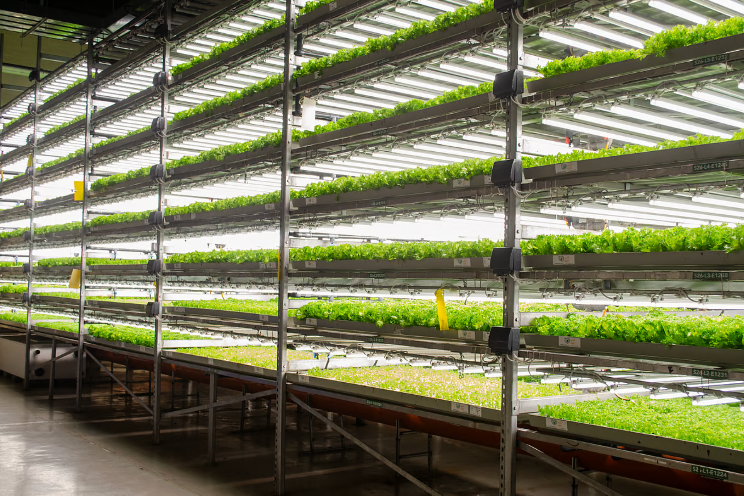Why you should consider having an ancillary cannabis business
Added on 01 March 2024

Fortunately, there are multiple ways of being an active player in the medical cannabis game without actually touching the plant. In contrast to what many newcomers to the industry may think, plant-touching businesses do not make up the majority within the medical cannabis sector. According to the Annual Marijuana Business Factbook carefully put together by MJBiz, only 40.25% of companies active within the industry were directly involved with the cannabis plant while 59.75% were helping cannabis entrepreneurs with industry specific issues without being directly involved in the trade. The inability of using standard marketing procedures to promote products and the sheer difficulty of accessing much needed funding, both due to the remaining stigma associated with cannabis, have driven companies to specialize themselves on ancillary needs - marketing experts, realtors, lawyers and investment funding companies specialized in the cannabis realm often tend to the immediate necessities of growers, dispensaries, edible manufacturers and so forth.
The strong presence of ancillary businesses on the market is a logical consequence of the harsh circumstances cannabis startups find themselves in when they try to carve themselves a place within this multimillion-dollar industry: Restricted marketing possibilities and the increased difficulty of acquiring funds along with persistent taxation make it quite difficult for entrepreneurs new to the industry to build a sturdy foundation for their business. Despite all the regulations, taxes and restrictions that welcome cannabis agents into the cannabis sector, the plant-touching businesses’ chances to survive and prosper are greatly improved by the countless ancillary enterprises out there, helping growers and manufacturers alike towards a successful and lucrative activity.
Not being subjected to the same legal and fiscal rigors as companies that engage in main activities such as cultivation and processing, businesses who engage in ancillary activities such as cannabis delivery and specialized legal services are low liability businesses, allowing them to access funding much easier than a standard plant-touching business could. Depending on the type of services offered, the startup costs of an ancillary business usually represent only a fraction of what, for example, a cultivation company would have to pay to get itself up from the ground. While growers must invest into fertilizers, lighting, humidifiers and other greenhouse necessities, the costs of opening an ancillary enterprise usually consist of a standard business license and a professional website. Of course, auxiliary costs specific to the companies’ activity should also be considered.
Considering the current state of the market, one thing is certain: Competition within both the traditional and ancillary branches of the industry will get fiercer by the year, making it increasingly difficult for newcomers to break through into the cannabis industry. According to Whitney Economics, 42% of cannabis plant-touching business owners have reported profitable activities in the fourth quarter of 2021. One year later, this already worrying percentage has dropped significantly to a discouraging 24.4% in the fourth quarter of 2022. That’s not to say that plant-touching enterprises, particularly those involved with cannabis cultivation, are breaking even with their expenses - out of all plant-touching entrepreneurs questioned by WE, 41.4% reported some form of revenue loss at the end of the fiscal year (2022). Investing into an ancillary business may therefore not only be the best option just for newbies, but also be the saving grace for struggling businesses with a longstanding record in the industry.
BY DANIEL CIUREA
Image by jcomp on Freepik
More news















